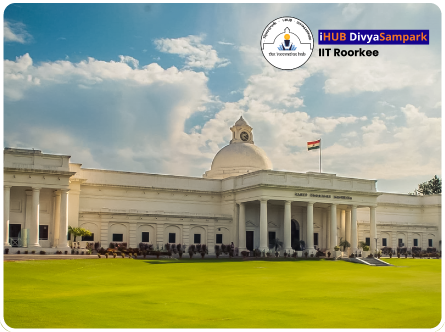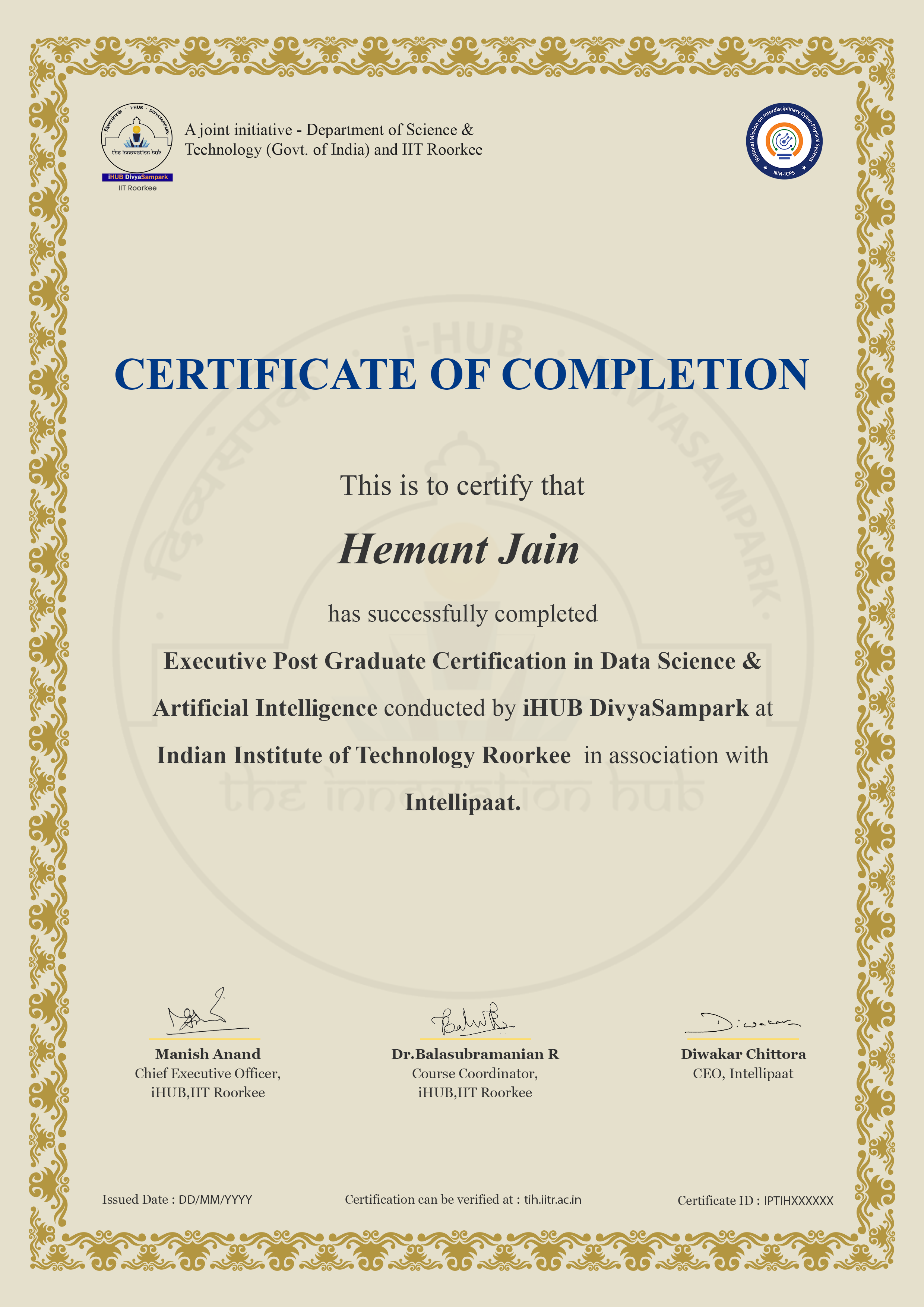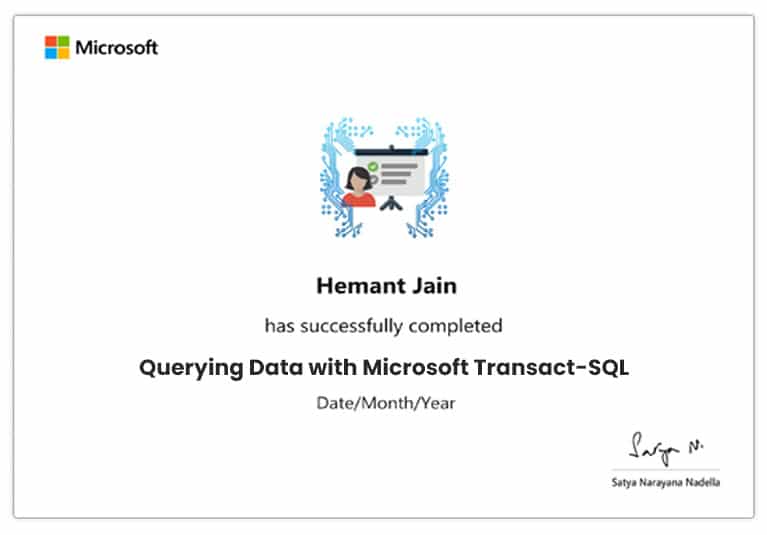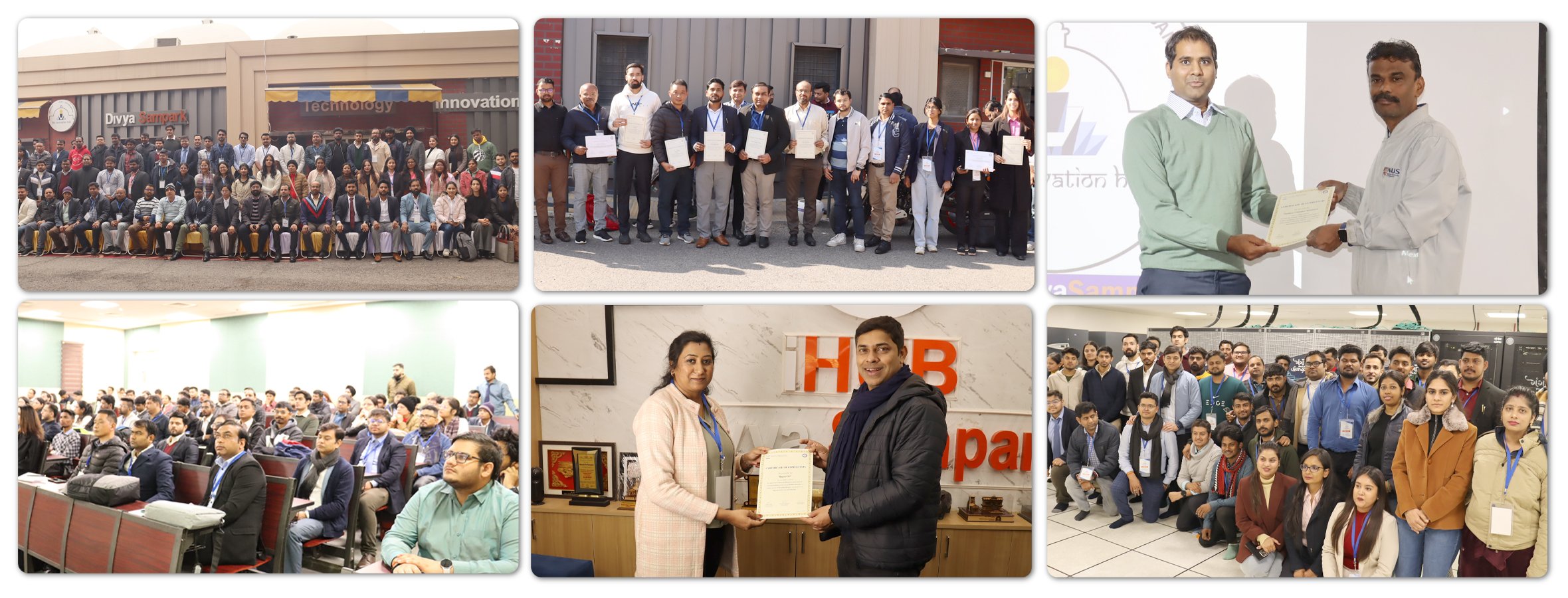Your cart is currently empty.







Master machine learning and artificial intelligence skills with this advanced data science and artificial intelligence course from iHub IIT Roorkee. Learn from IIT faculty and industry experts with 1:1 mentorship in this intensive online bootcamp. The opportunity to showcase their startup ideas and secure incubation support of upto Rs. 50 Lakhs for their startup from iHUB DivyaSampark, IIT Roorkee.

Watch
Course PreviewLearning Format
Online Bootcamp
Live Classes
11 Months
Executive PG
Certification
Campus Immersion
iHUB, IIT Roorkee
EMI Starts
at ₹6999/month*
Read More
About iHUB DivyaSampark, IIT Roorkee
iHUB DivyaSampark at IIT Roorkee, established under the National Mission on Interdisciplinary Cyber-Physical Systems (NM-ICPS) by the Department of Science and Technology (DST), focuses on fostering innovation in advanced technologies such as AI, ML, and more. The hub plays a pivotal role in technology development, incubation, and startups, particularly in areas like Healthcare,Read More..
Upon the completion of this program, you will:
Program in Collaboration with Microsoft
Benefits for students from Microsoft:
55% Average Salary Hike
45 LPA Highest Salary
12000+ Career Transitions
400+ Hiring Partners
Career Transition Handbook
*Past record is no guarantee of future job prospects
Become a data scientist with expertise in machine learning, deep learning, and data engineering.
Work as an AI/ML engineer, developing and deploying AI models.
Using various machine learning tools and technologies, building statistical models.
Apply data science skills to business analysis and decision-making.
Design and implement data pipelines and architectures.
Pursue research in data science and AI.
Skills to Master
Python
Data Science
Data Analysis
AI
GIT
MLOps
Data Wrangling
SQL
Machine Learning
Prediction algorithms
NLP
PySpark
Model
Data visualization
Tools to Master
Python
Linux
SQL Basics –
Advanced SQL –
Deep Dive into User Defined Functions
SQL Optimization and Performance
Hands-on exercise:
Writing comparison data between past year to present year with respect to top products, ignoring the redundant/junk data, identifying the meaningful data, and identifying the demand in the future(using complex subqueries, functions, pattern matching concepts).
Data Handling with NumPy
Data Manipulation Using Pandas
Data Preprocessing
Data Visualization
Statistics and Descriptive Analytics using Python
Python for Descriptive, Diagnostic, and Inferential Statistics
Prescriptive Analytics
Introduction to Machine learning
Regression
Classification
Clustering
Performance Metrics
Bagging And Boosting Algorithms
Other Machine Learning Algorithms
Predictive Analytics And Machine Learning
Cognitive Science and Analytics
Introduction to Big Data And Spark
RDDs
Advanced Concepts & Spark-Hive
Artificial Intelligence Basics
Neural Networks
Deep Learning
Text Mining, Cleaning, and Pre-processing
Text classification, NLTK, sentiment analysis, etc
Sentence Structure, Sequence Tagging, Sequence Tasks, and Language Modeling
AI Chatbots and Recommendations Engine
Power BI Basics
DAX
Data Visualization with Analytics
Hands-on Exercise:
Creating a dashboard to depict actionable insights in sales data.
Introduction to MLOps
Deploying Machine Learning Models
The Data Science capstone project focuses on establishing a strong hold of analyzing a problem and coming up with solutions based on insights from the data analysis perspective. The capstone project will help you master the following verticals:
Excel Fundamentals
Excel For Data Analytics
Data Visualization with Excel
Excel Power Tools
Classification Problems using Excel
Information Measure in Excel
Regression Problems Using Excel
Hands-on Exercise:
Classification problem using excel on sales data, and statistical tests on various samples from the population.
Projects will be a part of your Executive Post Graduate Certification Data Science & Artificial Intelligence to solidify your learning. They ensure you have real-world experience in Data Science and AI.
Practice 20+ Essential Tools
Designed by Industry Experts
Get Real-world Experience

Admission Details
The application process consists of three simple steps. An offer of admission will be made to selected candidates based on the feedback from the interview panel. The selected candidates will be notified over email and phone, and they can block their seats through the payment of the admission fee.
Submit Application
Tell us a bit about yourself and why you want to join this program
Application Review
An admission panel will shortlist candidates based on their application
Admission
Selected candidates will be notified within 1–2 weeks
Total Admission Fee
EMI Starts at
We partnered with financing companies to provide very competitive finance options at 0% interest rate
Financing Partners
![]()
Admissions close once the required number of students is enrolled for the upcoming cohort. Apply early to secure your seat.
| Date | Time | Batch Type | |
|---|---|---|---|
| Program Induction | 7th March 2026 | 08:00 PM - 11:00 PM IST | Weekend (Sat-Sun) |
| Regular Classes | 7th March 2026 | 10:00 AM - 01:00 PM IST | Weekend (Sat-Sun) |
Others Cohorts
| Date | Time | Batch Type | |
|---|---|---|---|
| Program Induction | 3rd March 2026 | 07:00 AM - 09:00 AM IST | Weekday (Tue-Fri) |
After completing the Executive Post Graduate Certification Data Science & Artificial Intelligence course and completing the various projects in this program, you will receive a joint certificate from Intellipaat and iHUB DivyaSampark, IIT Roorkee.
Intellipaat offers career services that include 3 guaranteed interviews for all learners enrolled in this course upon movement to the placement pool. Learners will be moved to the placement pool once they clear the PRT (Placement Readiness Test).
The Executive Post Graduate Certification Data Science & Artificial Intelligence course is delivered by leading experts from iHUB DivyaSampark, IIT Roorkee and Intellipaat. They will help you gain in-depth knowledge in Artificial Intelligence and Data Science apart from giving you hands-on experience in these fields through real-time projects. The top 2 performers will be given a monthly stipend and you will also get a chance to be incubated and funded by iHUB DivyaSampark, IIT Roorkee.
Upon completion of the course and successful completion of assignments and projects, you will receive advanced certification in Data Science and Machine Learning from Intellipaat and iHUB DivyaSampark, IIT Roorkee, recognized by top organizations around the world. In addition, our job assistance team will prepare you for your interview by conducting multiple mock interviews, preparing your resume, and more.
All candidates applying for this course are eligible for equity-based seed funding and incubation support from iHUB DivyaSampark, IIT Roorkee, for their startup ideas. Enrolled students will have the opportunity to pitch their ideas to the iHUB DivyaSampark team, and shortlisted proposals may receive funding of up to ₹50 lakh, along with full incubation support.
Additionally, candidates who are currently enrolled in a degree program and have their startup idea approved may also receive a monthly fellowship/scholarship of ₹8,000 during the early phase of their project to encourage and support innovation.
If you are unable to attend one of the live lectures, you will receive a copy of the recorded session within the next 12 hours. If you have any further questions beyond that, you can contact our course advisors or ask them in our community.
To be included in the placement pool, the learner must complete the course and submit all projects and assignments. He/she must then pass the PRT (Placement Readiness Test) to be accepted into the placement pool and gain access to our job portal and career mentoring sessions.
You will undergo below sessions:
Please note that the course fees is non-refundable and we will be at every step with you for your upskilling and professional growth needs.
Due to any reason you want to defer the batch or restart the classes in a new batch then you need to send the batch defer request on [email protected] and only 1 time batch defer request is allowed without any additional cost.
Learner can request for batch deferral to any of the cohorts starting in the next 3-6 months from the start date of the initial batch in which the student was originally enrolled for. Batch deferral requests are accepted only once but you should not have completed more than 20% of the program. If you want to defer the batch 2nd time then you need to pay batch defer fees which is equal to 10% of the total course fees paid for the program + Taxes.
Yes, Intellipaat certification is highly recognized in the industry. Our alumni work in more than 10,000 corporations and startups, which is a testament that our programs are industry-aligned and well-recognized. Additionally, the Intellipaat program is in partnership with the National Skill Development Corporation (NSDC), which further validates its credibility. Learners will get an NSDC certificate along with Intellipaat certificate for the programs they enroll in.
The total duration of the program is 11 months and out of which 2 months will be for project work.
What is included in this course?
 Click to Zoom
Click to Zoom
 Click to Zoom
Click to Zoom
















